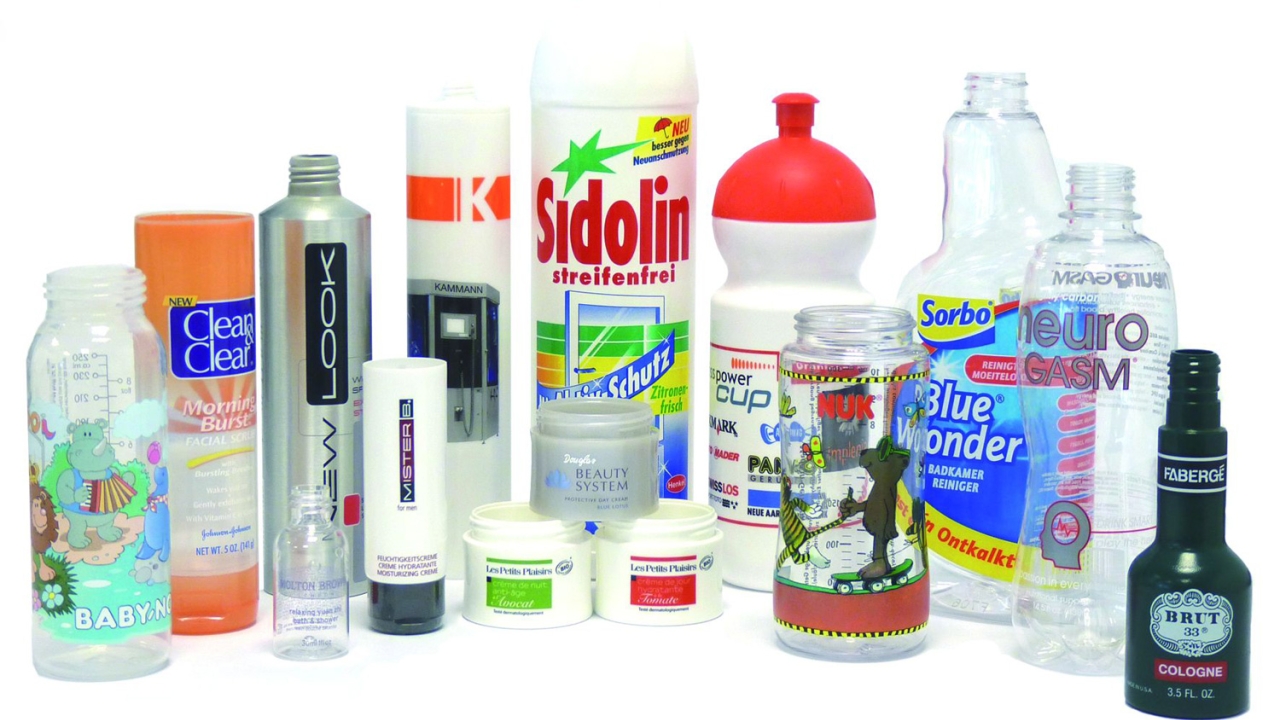KBA moving forward
Koenig & Bauer (KBA) is progressing with its strategy to focus on growth printing segments, such as packaging, in the face of declining business in its traditional markets, the Euro crisis and other causes.

KBA, the world’s second biggest press manufacturer, has recently announced corporate acquisitions designed to grow its packaging portfolio, including Flexotecnica in the flexible packaging arena and Kammann Maschinenbau, a screen printing specialist, which gives it access to the direct decoration market.
In a letter to shareholders published with KBA’s interim report for the first half of 2013, Claus Bolza-Schünemann, president and chief executive officer of KBA, outlined these developments, its general strategy for the future and its current position.
In the letter, Bolza-Schünemann said: ‘KBA has made good progress in the second quarter with regards to earnings and strategic developments. However, compared to 2012 our order and sales figures after six months mirror the slump in economic momentum in large parts of the world. The causes for this slowdown range from the Euro crisis, the realignment of the Chinese economic policy up to numerous conflicts in the Middle East and Latin America. Other branches in the export industry are also affected. In the press manufacturing sector statistical effects of last year’s trade fair Drupa and media shifts additionally burden the figures for the first half of 2013.
‘The uncertainty of many decision makers given future media trends acts as a brake on investment in traditional web offset presses. At the same time demand for special presses for other market segments was also sluggish. Ultimately order intake in the web and special press division fell short of last year’s figure by €60 million. Business with sheet-fed presses was more stable. Orders in the first six months approached €300 million thanks to our strengths in packaging printing and a good second quarter, yet last year’s above-average high boosted by Drupa in May 2012 was not reached.
‘By the end of June we were able to nearly halve the first quarter’s shortfall in group sales. However, we have to continue to push forward in the second half of the year to approach last year’s sales figure. Nevertheless, KBA made major improvements to earnings in the recent quarter. A €10 million pre-tax profit generated in the second quarter reduced our pre-tax loss (EBT) from €18.8 million at the end of March to €8.8 million at June 30. We expect this trend to continue and that the KBA group will once again achieve positive pre-tax earnings similar to 2012.
‘In this highly competitive industry environment we are vigorously working on making the necessary improvements to earnings. Given media and industry developments, demand for web presses is declining faster than expected. Along with the capacity adjustments already carried out and those still necessary, management is considering which business model could make the web press business more profitable in the longer term, even at a significantly reduced volume.
‘The printing industry has been undergoing a radical transformation for a couple of years. Digital printing technologies complement or even replace analog technologies in some applications. Traditional print media, such as newspapers and magazines, are seeing a drop in circulations due to the internet. In contrast, consumer-dependant print areas, such as packaging, are growing as prosperity in emerging countries increases. KBA aims to actively shape this change by cutting back in one area and expanding in another. This is why we moved into digital printing 15 months ago with the KBA RotaJET manufactured in Würzburg. In the second quarter of 2013 we were able to win the first customer. In the mid-term we aim to compensate at least in part for the declining sales volume in traditional web offset with digital printing technology.
‘Within the growing packaging segment a few months ago we announced the planned acquisition of Italian press manufacturer Flexotecnica to enter the growing market for flexible packaging more quickly. With the takeover of Kammann Maschinenbau, Germany, we are addressing a further new packaging field for KBA. Kammann mainly offers screen printing presses for directly decorating premium-quality hollow containers made from glass, plastic and metal. Directly decorated glass containers are mainly used for cosmetics, perfume and spirituous beverages in the top price class and are in growing demand.
‘KBA is moving forward on several fronts.’
Stay up to date
Subscribe to the free Label News newsletter and receive the latest content every week. We'll never share your email address.

